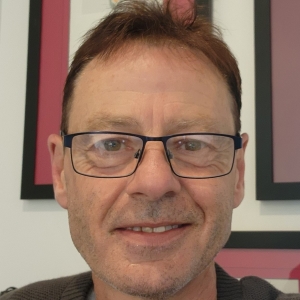
Timothy Spokes is a lecturer in paramedicine at Charles Sturt University. He is also a registered paramedic, nurse and midwife with more than 30 years of experience. And he has enjoyed a career that has included many different roles across Australia. His first challenge, though, was managing dyslexia.
In the beginning
“I struggled at school, even though it was a private school. Because I was, in fact, terribly dyslexic. Indeed, when I told a teacher that I wanted to be an electrician, they replied, ‘You’ll be lucky if you can sweep the floor of an electrician’s office’. I just turned around and thought: You know what? You’re wrong. In fact, I said so and walked out of school. Walked out as a 14-and-a-half-year-old kid. That was the end of the system for me, I thought.
“However, despite my dyslexia, I thought to myself: I’ve got to get somewhere in life. But I was not getting anywhere. Couldn’t get a job, couldn’t do anything, couldn’t read or write very clearly, couldn’t see myself managing dyslexia.”
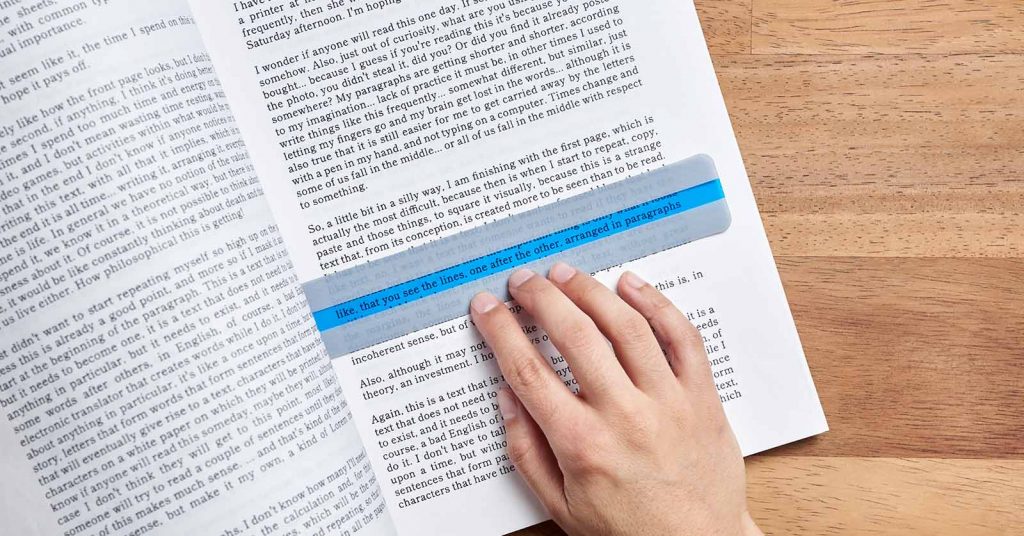
Starting in healthcare – and managing dyslexia to learn
“So I started volunteering for the local ambulance service. By the time I was about 18 or 19, I had enough experience and my skills and knowledge were strong. So, I managed to go back to school, believe it or not. It was a special program to help people like myself who had learning difficulties. To my surprise, and with permission from the education department, I did Years 11 and 12 in one year.
“I then got accepted into university and I chose to do nursing, of all things. I really loved it but struggled terribly in the first year. Fortunately, I met a professor of psychology at the university who turned round and said, ‘We know what’s wrong and we can help you out’.
“With that support for managing dyslexia, I graduated with high marks and went to work in Melbourne’s Alfred Hospital. I loved every minute of it. The ambulance background really got me in, and I found myself in charge of the cardiac unit after just one year.
“I graduated with high marks and went and worked in Victoria’s Melbourne Alfred Hospital. Loved every minute of it and got put straight into cardiac because that’s something I don’t know. The ambulance background really got me in, and suddenly I found myself in charge of cardiac transplant. In one year.”
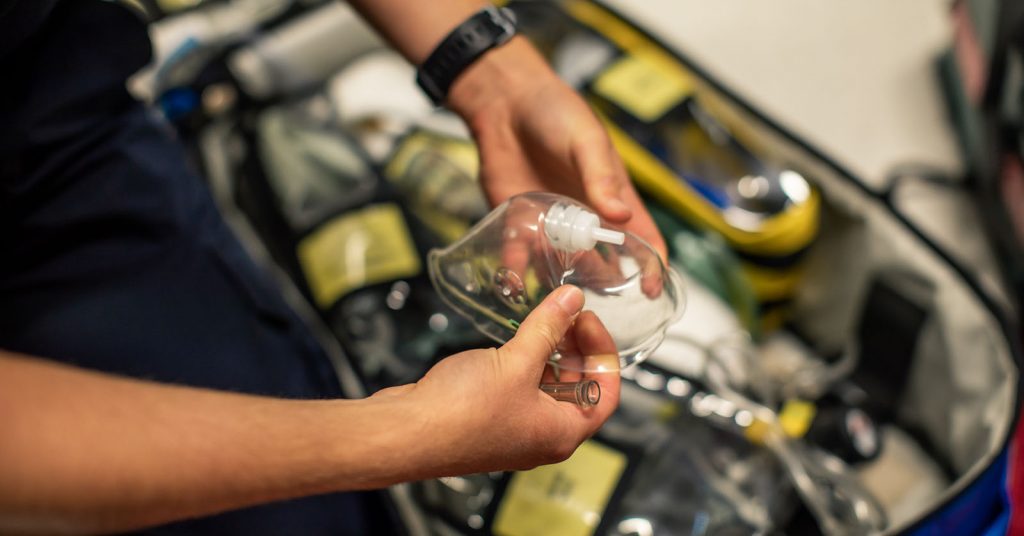
Seeing the country – and serving communities
“But I decided I wanted to see the world. I wanted to go and see what else was out there. So I went over to Western Australia (WA), met my life partner, got married, and then we moved out to the desert and I worked as a bush nurse. I continued to study while living remotely and qualified in trauma and diagnostics.
“Out there I had to do everything: diagnostics, nursing, midwifery. And I was the local paramedic as well. No surprise that today, I am strongly in favour of multiskilling!
“I kept working in remote and bush areas until one day I had to deal with a huge car accident in a remote location, where it was only me to manage it. Seven men in a car with injuries, fractures, internal haemorrhages. It was a scary incident, and I thought if I didn’t have my nursing skills and ambulance officer skills, I wouldn’t have managed very well at all.
After that, the Royal Flying Doctor Service heard about me and thought I was wonderful, and suddenly, my career took off. The job that I was offered was unique, working at Uluru (where, interestingly, at that time there was the highest incidence of tourist snake bites in the country).
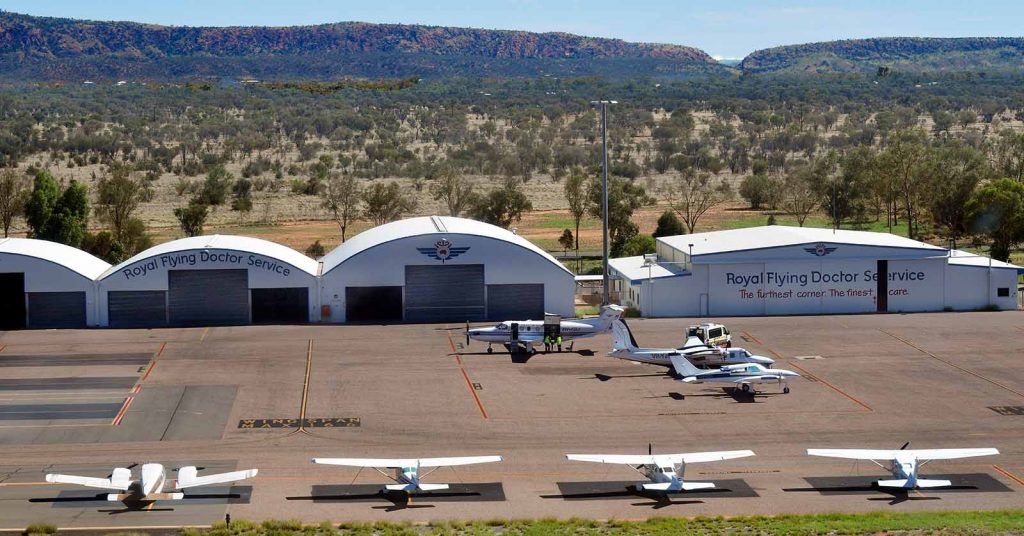
“After a few years, we moved back to WA with our four daughters. I worked as the senior flight nurse paramedic midwife for the Flying Doctor’s service out of Kalgoorlie. Following that, I opened two medical practices in the town, as well as ran a private ambulance service for the mining industry.
“Eventually, I decided I didn’t want to burn out and would slow down. Family became more important than my career. I was not getting any younger and my children were growing up such that I did not need to financially support them as much. I was financially secure enough to say, you know what? It’s time to slow right down. So I did just that. But at that stage, I was marking as a sessional academic for Charles Sturt University…”
Helping people with dyslexia
“We moved to NSW to the high country three years ago, and I thought I’d retire. But then Charles Sturt tapped me on the shoulder and said, ‘Why don’t you work for us?’ And I thought: Yeah, why not pass on the knowledge I’ve got to other students who have the difficulty I had with dyslexia to thrive?
“In my first tutorial, I usually share that I’ve been horribly dyslexic and my story of managing dyslexia. I tend to spot those people who have dyslexia, or I can see there’s a learning problem. And these are, you know, 35-year-old adults who are paramedics out there studying critical care with me and aren’t aware they would benefit from help, or don’t feel comfortable talking about their dyslexia. Dyslexia does not mean you cannot learn; quite the opposite.
“You’ve just got to tap into how they learn. And when you do that, bingo. Out they come. It’s like a plant growing, and suddenly, it blossoms. Our education system sometimes forgets that people have different learning methods. But when I spot it, I usually give them a call and say, ‘Look, I’ve noticed something. I want you to consider speaking to our academic support team’.
“Students often don’t realise the incredible support that’s there through the academic writing team and academic skills team, and I’m constantly referring students to those services.
“Today we’ve got so many supports at Charles Sturt that are available with very highly skilled individuals working in them who can spot what I can see and more. And they’re skilled in how to bring out the best in people and show them how to do it. I think that giving people a go and supporting them when needed – as was done for me – brings out their true capabilities, which are often astonishing. I even wrote a book about my experience: In My Grandfather’s Garden: The Hidden Gifts of Dyslexia, Difference and Death.
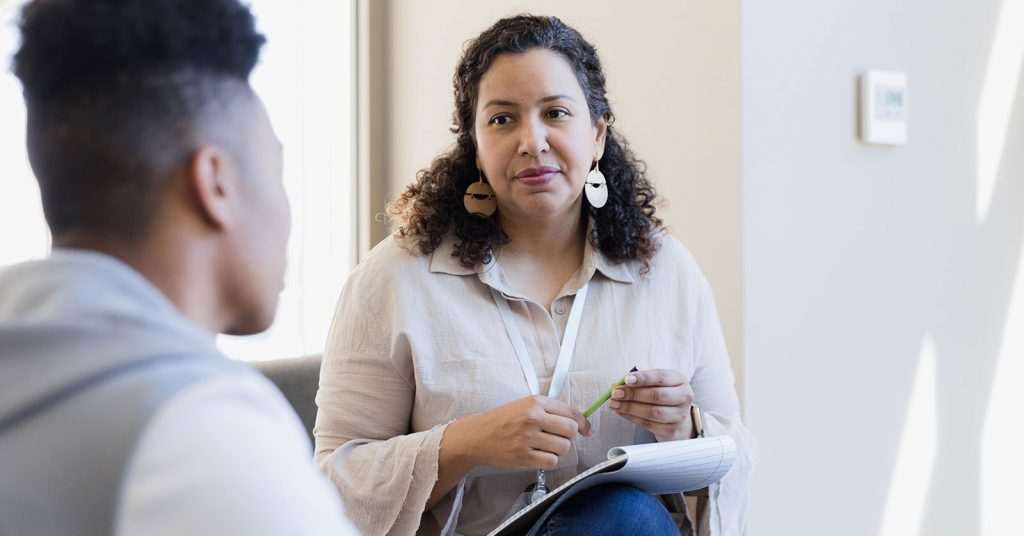
At Charles Sturt, we support you every step of the way
Whatever you’re studying – from paramedicine to PR – you can access support services whenever you need. They include help with studying, financial aid, and counselling and wellbeing.


You must be logged in to post a comment.